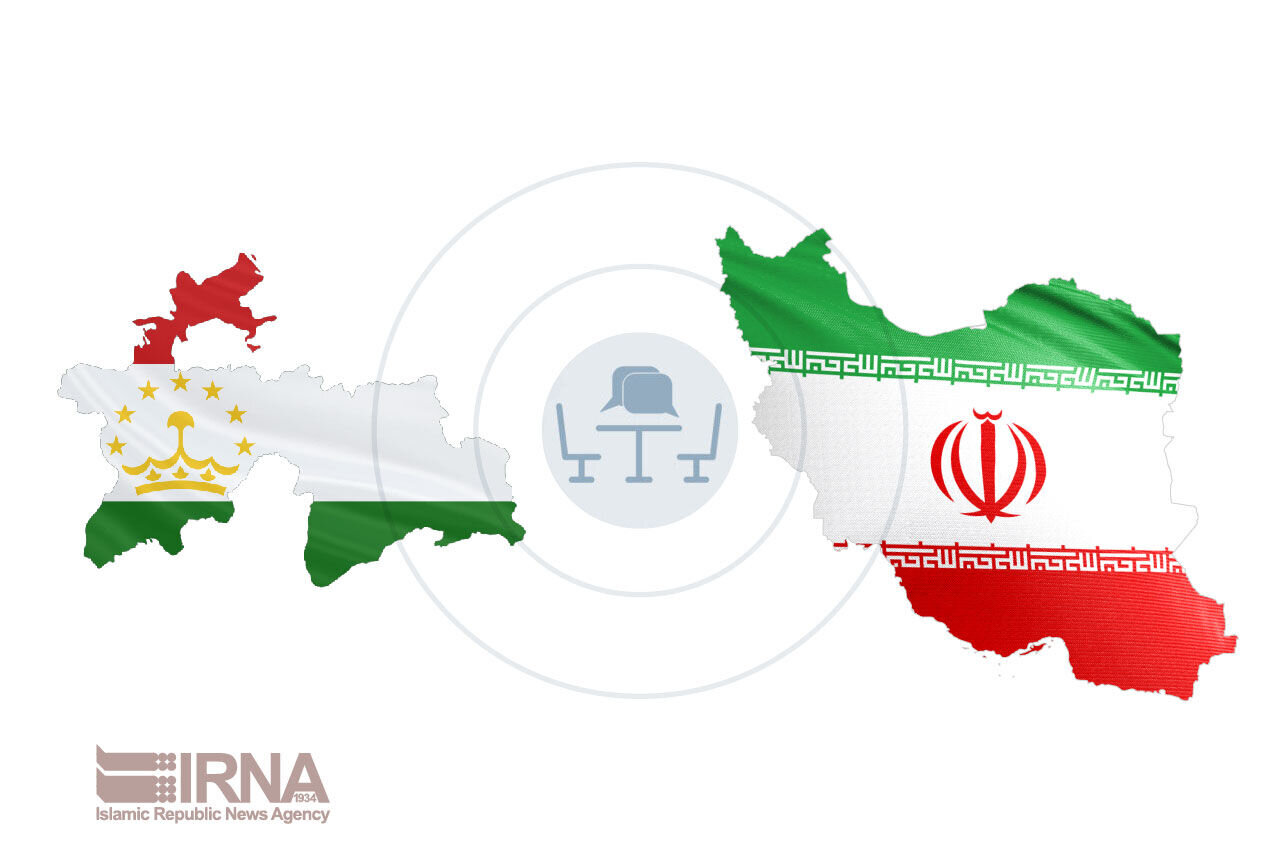Iranian, Tajik energy ministers discuss joint projects

TEHRAN - Iran’s Minister of Energy Ali-Akbar Mehrabian and his Tajik counterpart Daler Juma have reviewed joint projects between the two countries in a video conference session.
During the virtual meeting, Mehrabian emphasized the follow-up of the comprehensive document of the Iran-Tajikistan joint cooperation which was signed in the 16th Joint Commission of the two countries which was held in late December 2023.
He thanked the government of the Republic of Tajikistan for holding the 16th Iran-Tajikistan Joint Economic, Trade and Scientific Commission and the Iran-Made Expo in the Tajik capital of Dushanbe.
Emphasizing the readiness of Iranian companies to be active in the projects of Tajikistan, Mehrabian referred to the services of Iranian companies in all fields, especially in the field of large turbines and technical sectors, noting that Iranian companies can help to speed up projects in Tajikistan.
Talking about the Sangtuda 2 Hydroelectric Power Plant and the construction of a solar power plant in the Vorukh region were among other topics at the virtual meeting of the two sides.
Tajikistan's capital Dushanbe hosted the 16th meeting of Iran-Tajikistan Joint Economic Committee on December 26 and 27. 2023.
Mehrabian and Juma co-chaired the two countries’ Joint Economic Committee meeting.
The first specialized Made in Iran exhibition, aimed at introducing the capabilities of the Islamic Republic of Iran in basic industries, was also held on the sidelines of this meeting.
Earlier in November 2023, Iran and Tajikistan signed a joint statement and 18 cooperation documents and memorandums of understanding (MOUs) to deepen bilateral strategic relations.
The joint statement was signed between Iranian President Ebrahim Raisi and his Tajik counterpart Emomali Rahmon in Tajikistan's capital Dushanbe.
The documents and MOUs were inked by the Iranian and Tajik ministers in the presence of the two presidents.
As reported, the documents and MOUs pertained to a roadmap for long-term bilateral trade and economic cooperation till 2030, mutual visa-free access, anti-drug trafficking operations, transportation, crisis management, and the establishment of joint free economic zones, as well as inter-city cooperation in various fields.
EF/
